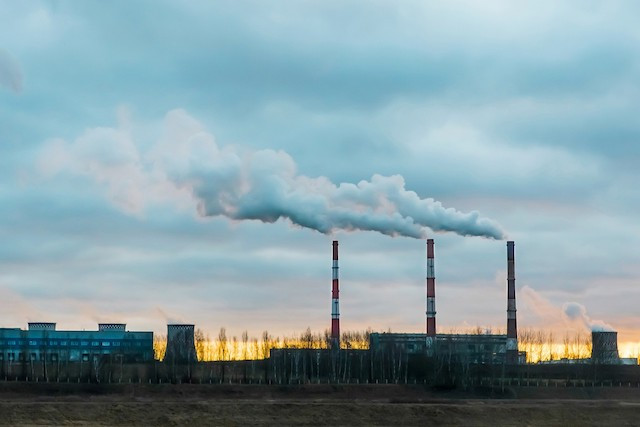Published on Wednesday, the report found emissions fell by 3.8% between 2018 and 2019 on average for the member states and the United Kingdom. In all, annual European emissions are 25% below those of 1990, reaching 3,303 Mt.

Fossil fuel emissions decreased by about 25% between 1990 and 2019 in the EU and the UK. Screengrab: European Commission

Screengrab: European Commission
However, this trend contrasts with global emissions, which continue to increase, albeit at a slower pace. The report notes an increase of 0.9% to 38 Gt of CO2. Those whose pollution rose were China (+3.4%) and India (+1.6%), while Japan reduced its emissions by 2.1%, the United States by 2.6% and Russia by 0.8%.
Luxembourg’s emissions increased by 2% between 2018 and 2019, to 9,740 Mt of CO2 annually. All sectors polluted more this year, but the increase was particularly strong from industrial combustion (+6%).

Luxembourg emitted 9,740 Mt of CO2 in 2019, 2% more than the previous year. Screengrab: European Commission

The sector that has increased its emissions the most in Luxembourg in 2019: industrial combustion. But since 1990, it is mainly transport and buildings that have been the most affected. Screengrab: European Commission
Although it pollutes less than its neighbours because of its size, proportionally, Belgium, France and Germany fared better. Belgium remained stable, France recorded -2% emissions and Germany -6%.
This article was originally published on Paperjam.lu in French
